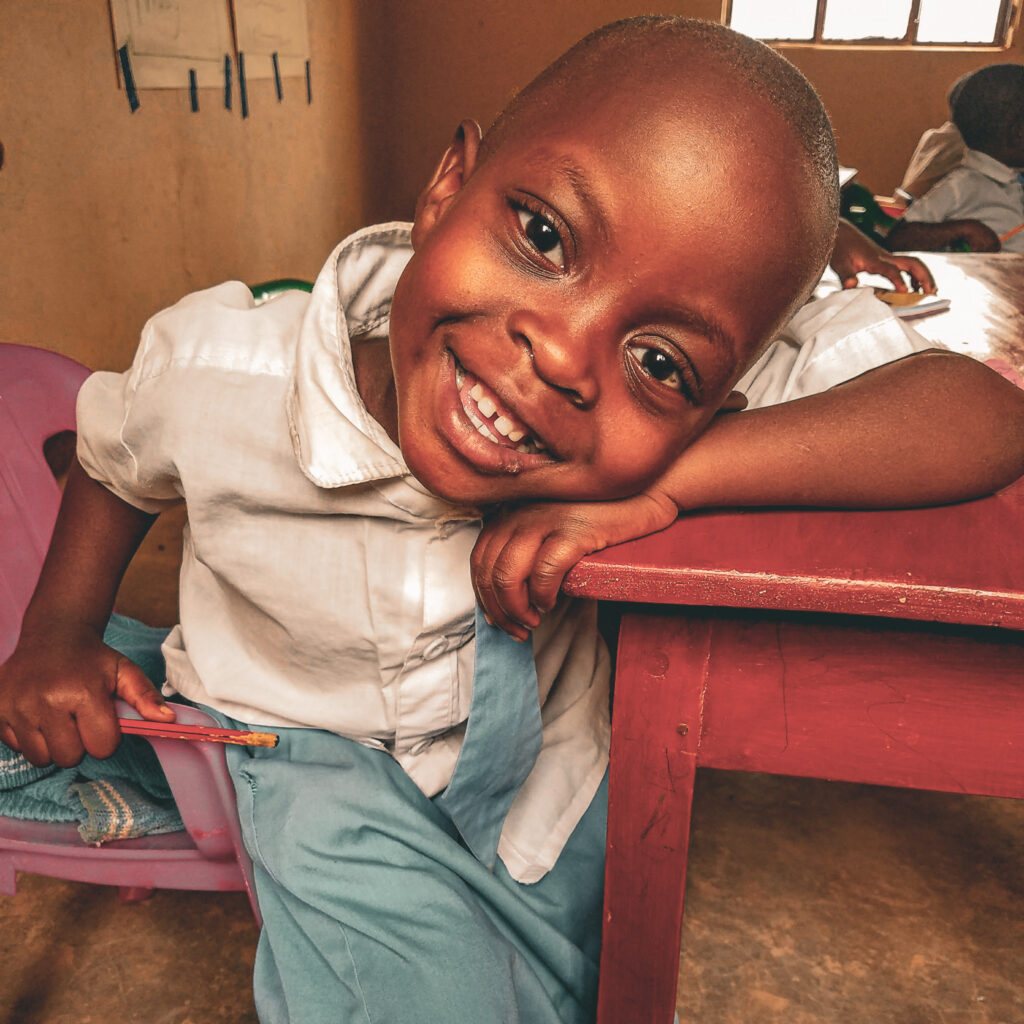As we have learned in the last decade or more that child development occurs greatest in the
first five years of life. As we have experienced and seen those years are fragile to many factors
which play into a child’s development. These realities have not fallen on deaf ears as much is
being done to curb the ill effects on development both by government and non-government
organizations across the world and across Rwanda. With Rwanda’s percent of those
impoverished at 60%, as high as 70% in rural areas, the influences on child development are
significant.
Though these efforts are in place, the children for which we advocate appear to be influenced
by a number of factors. It is some of these factors which can be mitigated through the
advocate’s support. On an individual basis these factors and their effects may not be clearly
defined or known, this does not negate the presence of these factors which stunt child
development.
Physical health is an obvious factor for children in those early years. Those living in poverty
have limited access to a doctor and medicines that may be required for chronic conditions such
as asthma which is prevalent amongst youngsters living in poverty. The idea of a primary care
doctor is foreign, and so is the level of care which can be afforded. As are the many resources
that may be made available by way of referral by a physician.
What is known? In dire circumstances a visit to a clinical facility is a last resort when resources
are absent. We can imagine the degree of urgency having waited to make the decision and
journey to the clinic. The journey alone may be taxing and difficult. Having waited till no other
option seems possible the circumstance may be life-or-death.
Physical health in of itself is complicated. Exercise, nutrition, environment, and living conditions
all influence anyone’s life, but especially that of a child. Advocate support allows these
children to go to school, and receive two nourishing meals each day. The physical education
and opportunities for active living.
Mental health as well of the developing child can be damaged by their circumstances. Poverty is a
level of inadequacy, and includes for some the nourishing, and enriching of the child’s self-
esteem, confidence, and experiences which bolster their self-image. Once again environment
plays a vital role in mental health as does attending school. The advocate, though unable to
ensure any development, can raise the opportunity for a child to see, hear, and experience
those relationships which allow them to flourish in their own identity.
So many schools deal with children’s behavior, even in the developed world this is an on-going
struggle. The child in a developing country, who lives in poverty, may have no role model from
which to learn acceptable behavior, and societal norms. Unchecked this child has little chance of acquiring appropriate behavior. This too can be assisted by an advocate’s provision of
schooling for a child. In school they may have a number of role models, and established
expectations for behavior. The child may witness and participate in the classroom and school, a
set of behaviors they would not otherwise experience. Key to this developmental area is a
child’s management of their emotions, and ways of dealing with conflict with another.
Environment as mentioned above plays a critical role for those in poverty. Housing, sanitation,
air quality, clean water, and access to food all inhibit child development. Many of these factors
are not in the family’s control, nor are the solutions going to come from within the
impoverished. Advocates may also be of little help in these influences, as this is not a focus of
our efforts. It is of value to know that these are still part of our child’s world and their
development. Absence of these critical resources anchor the family in poverty.
Finally, and addressed in our December post is an achievement gap for those in poverty. That gap
starts with no access to schooling, and continues once in school, catching up to those who have
had a different life circumstance.
Advocates know that your child’s attendance in school is vital to their continued development, and mitigation of the harmful influences of poverty upon their
lives.



